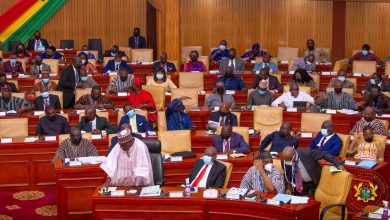Insurgent activity in Ghana raises security concerns as Militants leverage border regions

Islamist militants involved in Burkina Faso’s insurgency are discreetly using northern Ghana as a logistical and medical base, potentially expanding their influence in West Africa, according to multiple sources, including Ghanaian security officials and regional diplomats.
Ghanaian authorities appear to have allowed some degree of insurgent passage to access food, fuel, and medical treatment.
This approach, while preserving Ghana’s peace from attacks thus far, raises concerns about militant entrenchment and potential recruitment among marginalized communities.
Ghana’s 600-km border with Burkina Faso positions it near the core of West Africa’s ongoing insurgency. Burkina Faso has ceded over half its territory to al-Qaeda-linked groups, particularly JNIM, which now seeks to extend its reach into Ghana, Togo, and Benin.
JNIM’s focus on maintaining Ghana as a “safe haven” has deterred direct attacks, but a recent report from Clingendael Institute suggests this tacit agreement might make Ghana vulnerable to increased militant presence and local recruitment.
While Ghana actively monitors militants within its territory and has handed over multiple insurgents to Burkina Faso authorities, high-ranking officials hint at a delicate balance.
The Ghanaian government’s response has so far focused on maintaining discretion, joint border operations, and intelligence monitoring.
Ghana’s stance has not been officially confirmed by the Information Ministry, but a senior security official cited pragmatic reasons for the strategy, stating that “you won’t destroy where you sleep.”
Ghana’s position as a regional democratic leader and its close alliances with Western nations, notably the U.S. and U.K., have fostered support for border security initiatives.
Nevertheless, some local experts caution that the insurgents’ continuous presence poses risks of radicalization among local populations, challenging Ghana’s current approach.
As militant factions in West Africa adapt their strategies, Ghana’s balance of diplomatic caution and regional security collaboration will be critical in mitigating the long-term threat of extremism.



